Top 10 IoT Applications of 2020
by Olivia Infante, Associate Editor
IoT was born in 1982, the same year I was, when two computer science graduate students at Carnegie Mellon University were able to connect a Coca-Cola vending machine to the internet. They were able to successfully measure and transmit the availability and temperature of the dinks inside. It was a novel idea, giving them data about their vending machine business in near real-time, letting them know when inventory was running low or if sales were slumping because of a broken refrigerator unit (I mean, who wants to buy warm cokes?)
Since then, IoT has matured to hundreds of different industries, each of them using the data collected to make real-time business decisions that increase wallet share, improve operations, or keep the precious cans of Coke nice and cool. But which applications of IoT are popular today? We surveyed twenty businesses with more than 100 employees in many different industries to found out what applications are the most popular; this is what we found:
10. Smart Farming
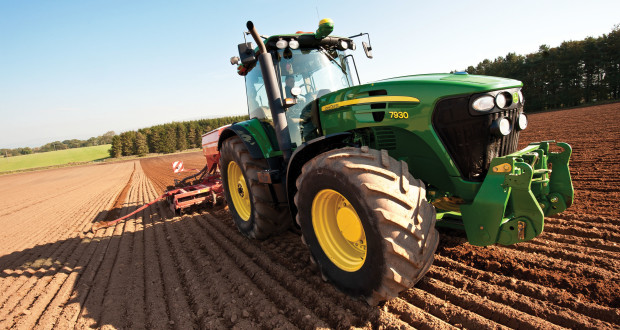
Farmers are using smart IoT farming applications to determining the best time to harvest plants, creating fertilizer profiles based on the chemistry of soil, and sensing soil nutrients and moisture levels. IoT technologies are playing a key role in helping optimized yields and reduce harmful bypoducts. That market of agriculture IoT device installation will likely grow at the rate of 20 percent reaching 75 million by 2020, according to a BI Intelligence report.
Some examples of farming IoT devices include Smart Elements, AllMETOE, and Pynco. These devices can detect weather conditions and other environmental data. The concept of smart farming can revolutionize the agriculture industry. Applications of IoT technologies can help to boost both the quality and quantity of agriculture production.
9. Smart Supply Chain

Supply chains have already been getting smarter for a couple of years. Offering solutions to problems like tracking of goods while they are on the road or in transit or helping suppliers exchange inventory information are some of the popular offerings. With an IoT enabled system, factory equipment that contains embedded sensors communicate data about different parameters, such as pressure, temperature, and utilization of the machine. The IoT system can also process workflow and change equipment settings to optimize performance.
8. Smart Retail

Retailers have started adopting IoT solutions and using IoT embedded systems across a number of applications that improve store operations, increasing purchases, reducing theft, enabling inventory management, and enhancing the consumer’s shopping experience. Through IoT physical retailers can compete against online challengers more strongly. They can regain their lost market share and attract consumers into the store, thus making it easier for them to buy more while saving money.
7. Connected Health (Digital Health/Telehealth/Telemedicine)

IoT has various applications in healthcare, which are from remote monitoring equipment to advance and smart sensors to equipment integration. It has the potential to improve how physicians deliver care and also keep patients safe and healthy. Healthcare IoT can allow patients to spend more time interacting with their doctors, which can boost patient engagement and satisfaction. From personal fitness sensors to surgical robots, IoT in healthcare brings new tools updated with the latest technology in the ecosystem that helps in developing better healthcare. IoT helps to revolutionize healthcare and provide pocket-friendly solutions for both the patient and healthcare professional.
6. Connected Car
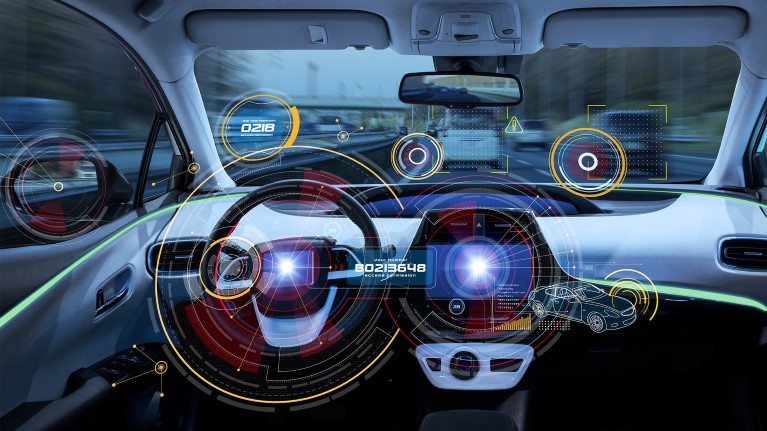
Connected car technology is a vast and an extensive network of multiple sensors, antennas, embedded software, and technologies that assist in communication to navigate in our complex world. It has the responsibility of making decisions with consistency, accuracy, and speed. It also has to be reliable. These requirements will become even more critical when humans give up control of the steering wheel and brakes to the autonomous vehicles that are being tested on our highways right now.
5. Industrial Internet
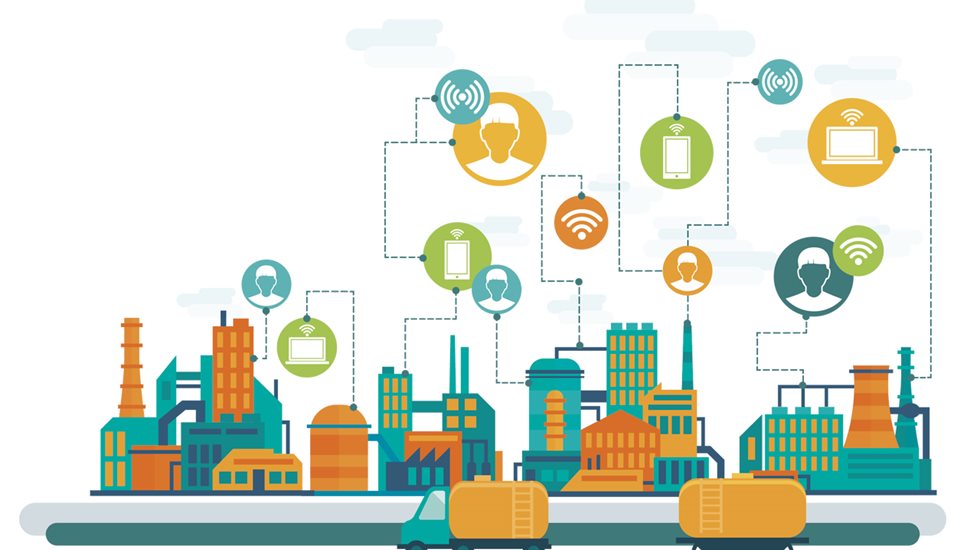
One way to think of the Industrial Internet is by looking at connected machines and devices in industries such as power generation, oil, gas, and healthcare. It also makes use of situations where unplanned downtime and system failures can result in life-threatening situations. A system embedded with the IoT tends to include devices such as fitness bands for heart monitoring or smart home appliances. These systems are functional and can provide ease of use but are not reliable because they do not typically create emergency situations if a downtime was to occur.
4. Smart Grids
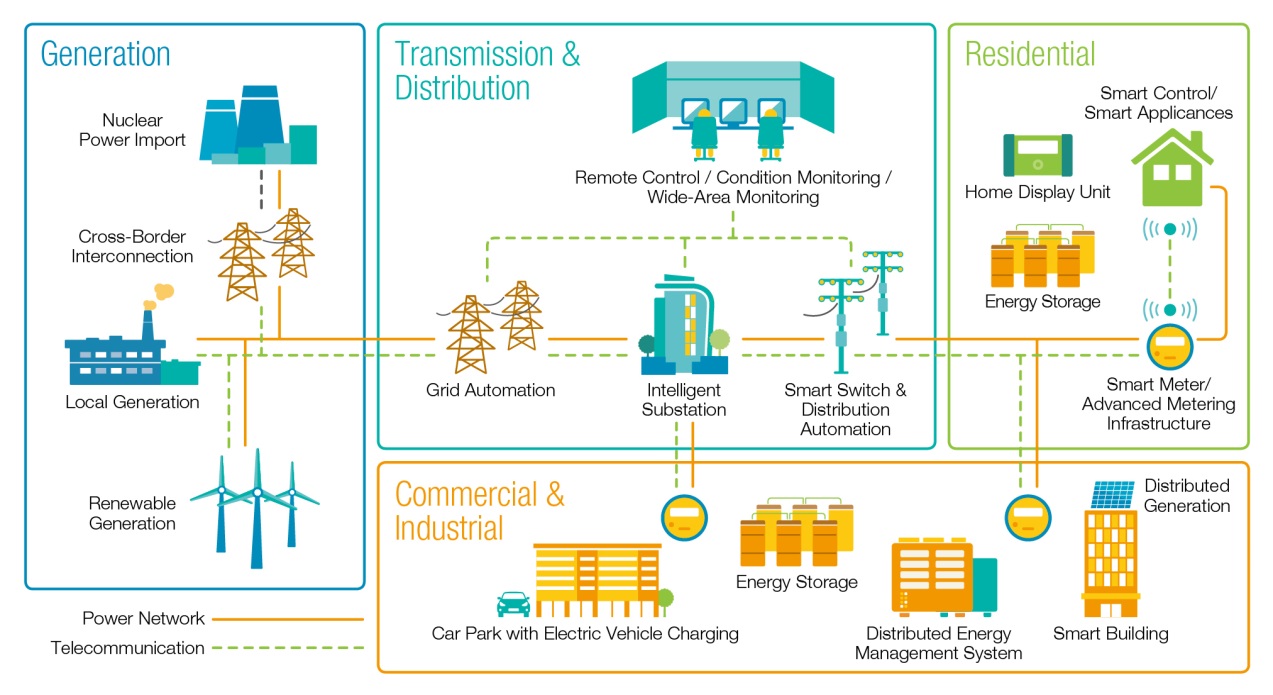
Smart grids are another area of IoT technology that stands out. A smart grid basically promises to extract information on the behaviors of consumers and electricity suppliers in an automated fashion to improve the efficiency, economics, and reliability of electricity distribution. 41,000 monthly Google searches is a testament to this concept’s popularity.
3. Smart City
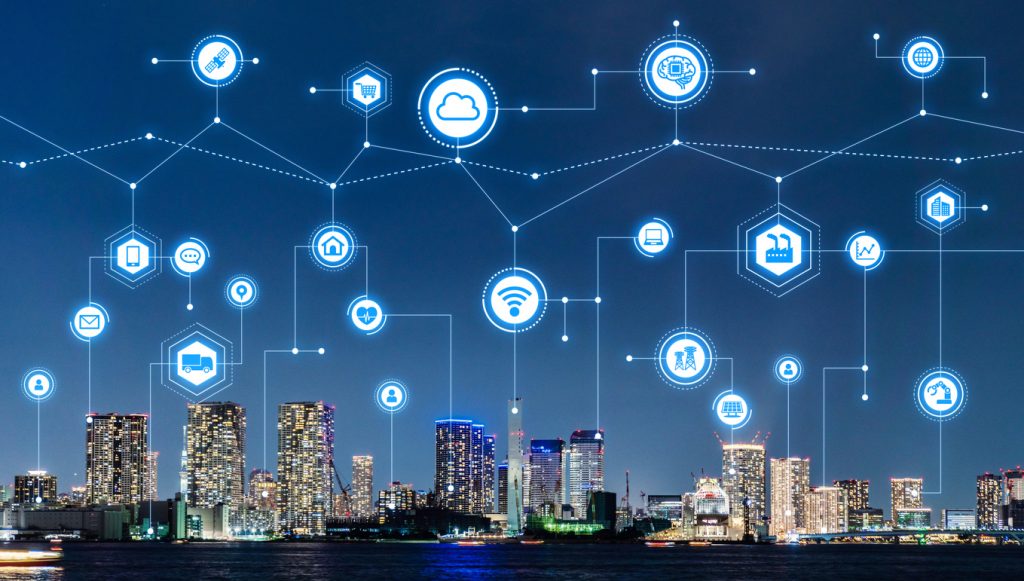
Smart cities, like its name suggests, is a big innovation and spans a wide variety of use cases, from water distribution and traffic management to waste management and environmental monitoring. The reason why it is so popular is that it tries to remove the discomfort and problems of people who live in cities. IoT solutions offered in the smart city sector solve various city-related problems, comprising of traffic, reducing air and noise pollution, and helping to make cities safer.
2. Wearables
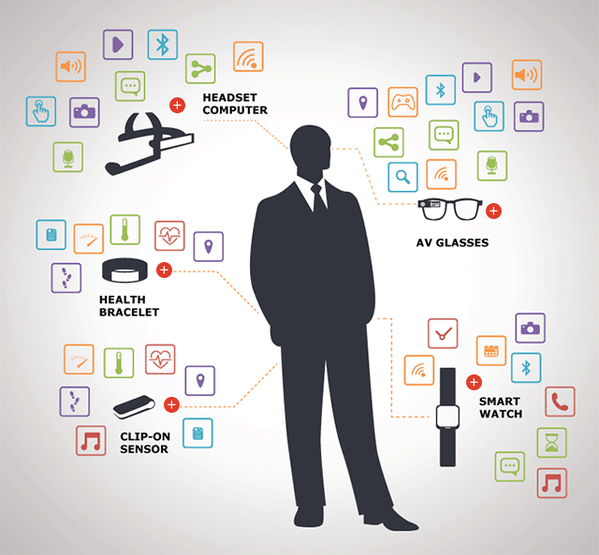
Just like smart homes, wearables remain a hot topic among potential IoT. Every year, consumers all across the globe await the release of the latest Apple smartwatch. Apart from this, there are plenty of other wearable devices that make our life easy, such as the Sony Smart B Trainer, LookSee bracelet, or the Myo gesture control.
1. Smart Home

Whenever we think of IoT systems, the most important and efficient application that stands out is the smart home, ranking the highest IoT application on all channels. The number of people searching for smart homes increases every month by about 60,000 people. Another interesting thing is that the database of smart homes for IoT analytics includes 256 companies and startups. More companies are now actively involved in smart homes, as well as similar applications in the field. The estimated amount of funding for smart home startups exceeds $2.5 billion and growing at a rapid rate. The list of startups includes prominent startup company names, such as AlertMe or Nest, as well as a number of multinational corporations, like Philips, Haier, or Belkin.
Want to Learn More?
If you would like to engage with a Trusted Advisor that can advise you on the best firms offering IoT (internet of things) hardware and connectivity services, give our technical help desk a call at +1 (888) 711-3656 and we'll put you in contact with a trusted IoT specialist in your area.

About the Author: Olivia Infante is the Associate Editor of BizPhonics.com. She covers all of the recent developments in cybersecurity and IoT. She's been all over the globe, attending conferences, talking to analysts, and interview Internet of Things experts to piece together a comprehensive view of which products and services work best to deliver advanced data-driven insights across a variety of business verticals.
